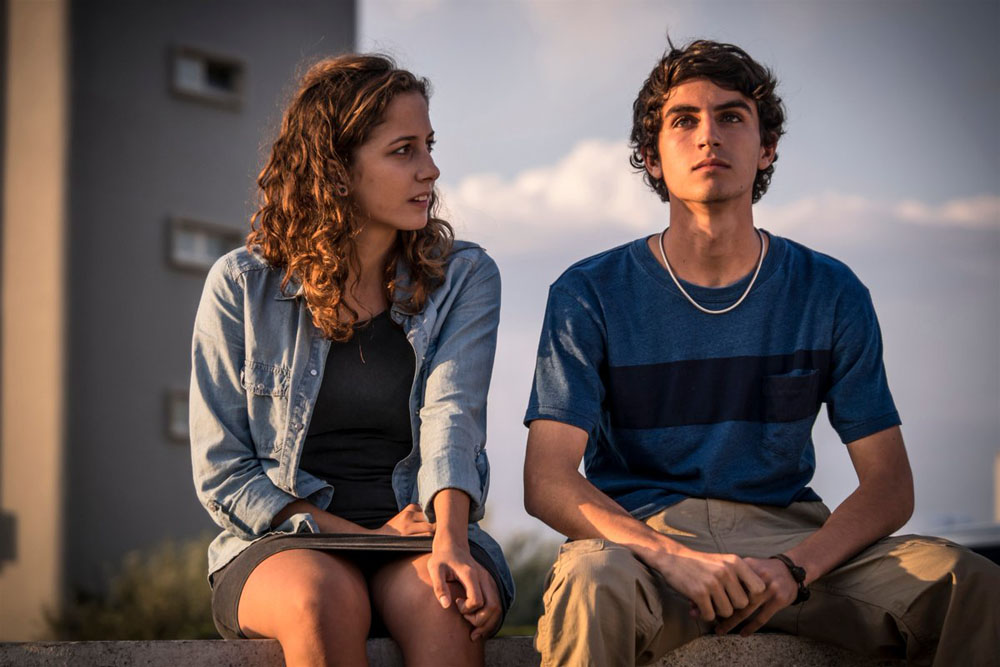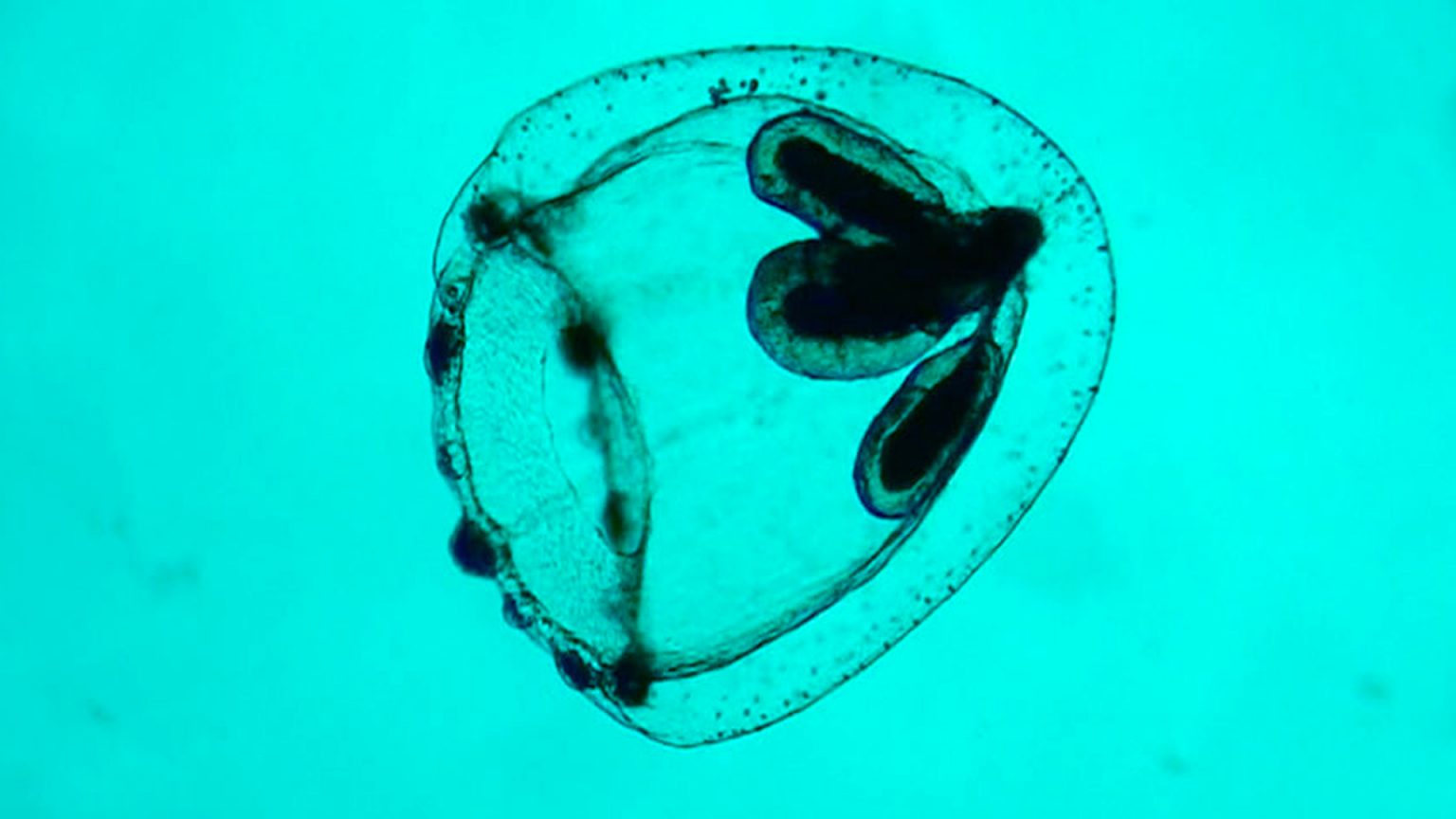
Piuma (Feather) is “an Italian crowd-pleaser about a young Roman couple’s unplanned pregnancy,” writes Raphael Abraham in a dispatch to the Financial Times from Venice. “The place of this lightweight farce in the Competition raised some eyebrows but it does boast a comedy acting masterclass from permanently exasperated paterfamilias Sergio Pierattini whose wildly semaphoring hand gestures alone were enough to provoke spontaneous rounds of audience applause.” Not from Variety‘s Jay Weissberg, though: “Roan Johnson’s third feature is a grab bag of naïve teens and unmodulated hot-headed adults who wear out their welcome early on, engaging in cartoonish situations that are merely exaggerated, tiresome facsimiles of reality. The two protagonists—a pregnant 18-year-old and her true-blue boyfriend—have a breezy charm, but they’re surrounded by ridiculous caricatures. Unfortunately, Piuma is the sort of film that reinforces negative perceptions of Italian mainstream cinema.” “Ferro (Luigi Fedele) and Cate (Blu Yoshimi Di Martino, who played Nanni Moretti’s daughter in Quiet Chaos) are taking their high school finals, prepping a graduation trip to Morocco with their friends, and also planning to have a baby,” writes Deborah Young, setting it up in the Hollywood Reporter. “They view sudden parenthood as the result of “a colossal screw-up” and neither they nor their lower-middle-class parents, are ready. Abortion is considered, or giving the baby up for adoption, but this is the sort of dreamy, optimistic comedy where only one ending is possible…. Johnson’s screenplay is smooth, fast-paced, and persuasive…. Technically the film looks like standard television.” Screen‘s Lee Marshall notes that “the characters’ Roman accents and voices are central to the appeal of a film that draws on the Italian capital’s working-class outskirts for its slightly nostalgic vision of the city as a chaotic but caring support network of genial chancers, best buddies and families that express their love by shouting at each other a lot. Not necessarily well-served by the pressure of its Venice competition slot, this is nevertheless a small but likable film that, with only the occasional dramatic lull, spins out one good question for just over ninety minutes: why has our increasingly anxious society turned off the most natural things in the world—having a baby—into trauma and a problem?”
CineVue‘s John Bleasdale finds that “it struggles to attain the philosophical heights of Bridget Jones’ Baby or Nine Months.” At Cineuropa, Camillo De Marco adds that it “stays blissfully superficial throughout and bobs along like a rubber duck (which is a metaphor used regularly in the film) without attempting even the slightest dialogue on the responsibility of becoming an adult.” The 2016 fall film festival indexes: Venice, Telluride, and Toronto.




